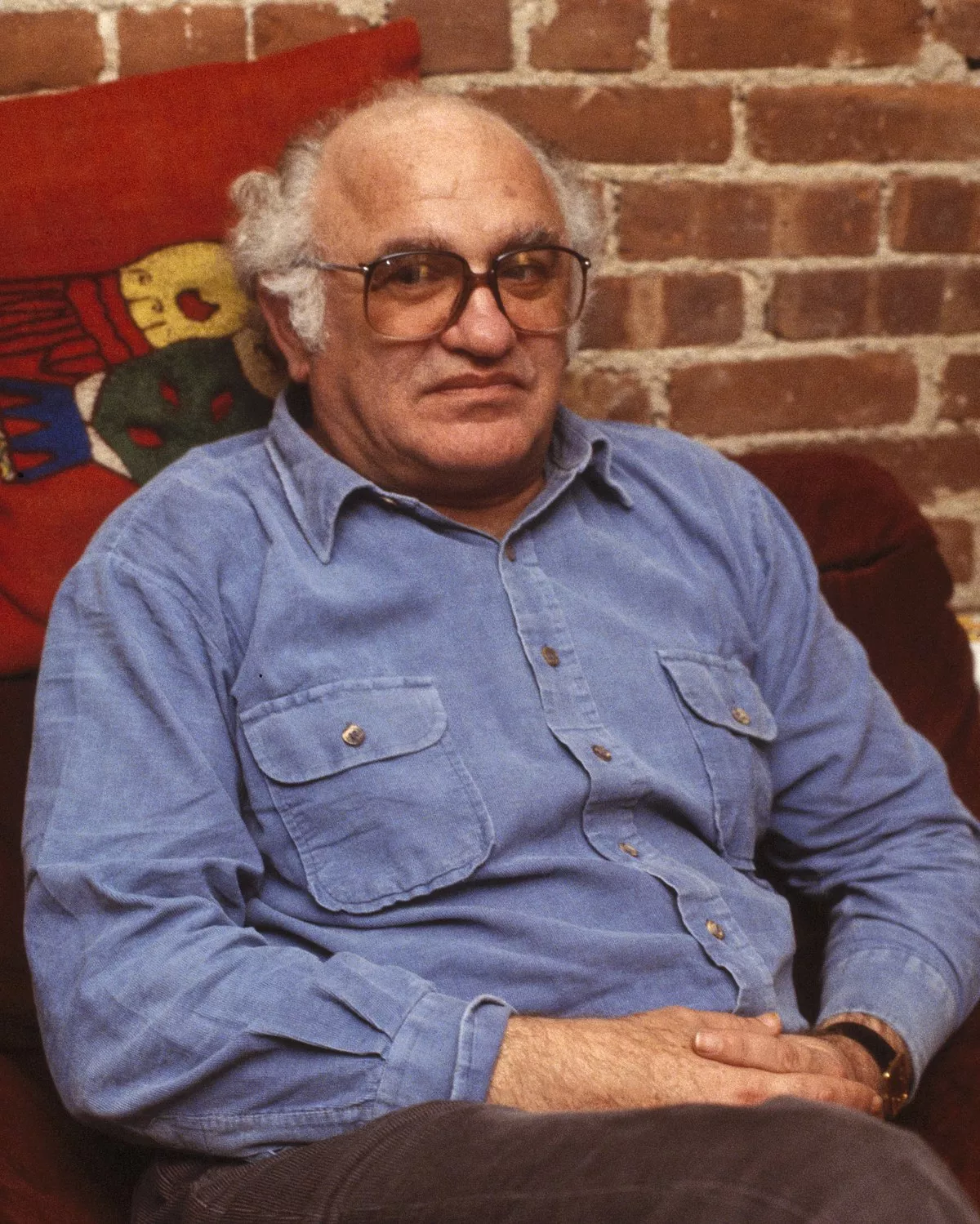 1.
1. Jacobo Timerman was a Soviet-born Argentine publisher, journalist, and author, who is most noted for his confronting and reporting the atrocities of the Argentine military regime's Dirty War during a period of widespread repression in which an estimated 30,000 political prisoners were disappeared.